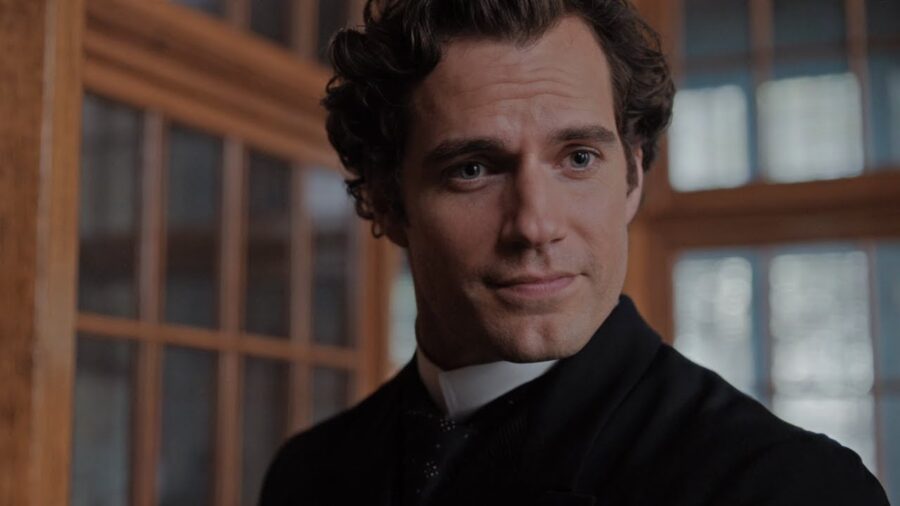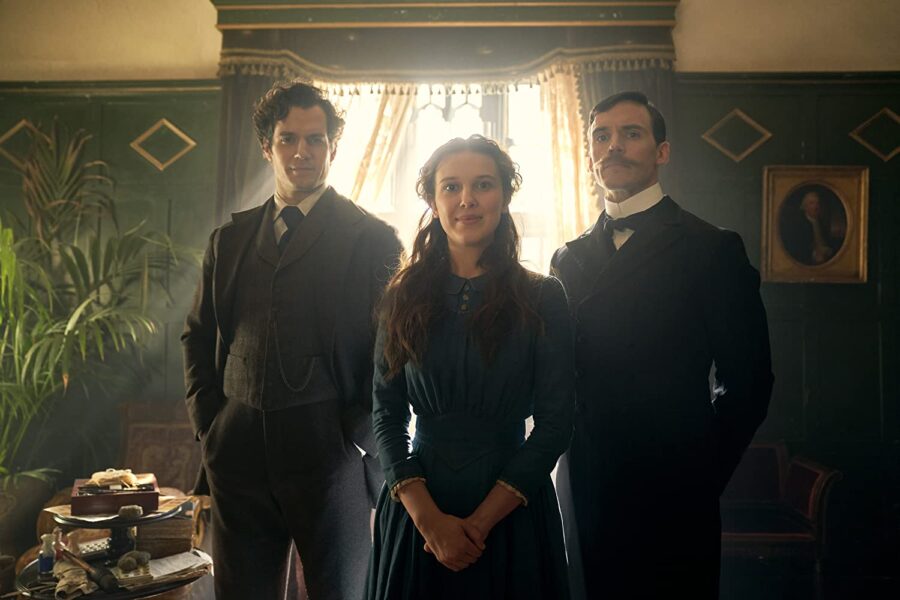Netflix Being Sued For Ruining Sherlock Holmes
This article is more than 2 years old

In 2014, the estate of Sherlock Holmes’ creator Sir Arthur Conan Doyle lost the rights to any Holmes stories before 1923, as they were put in the public domain. However, in a new lawsuit by the Doyle estate, a warmer version of Holmes might put a new film in legal trouble.
Netflix’s recent release, Enola Holmes tells the story of Sherlock Holmes’ sister, Enola, who sets about solving the mystery of her mother’s disappearance. In the film, Henry Cavill plays Sherlock as more open and less cantankerous than what is usually expected of the world’s greatest detective. It is this characterization that makes Enola Holmes potentially infringing on copyrights that the Doyle family still holds.
The Doyle Estate still has the rights to the author’s final ten Sherlock Holmes stories, which were written between 1923 and 1927. In this new lawsuit, the world changed, and therefore, so did Holmes. The complaint states, “After the stories that are now in the public domain, and before the Copyrighted Stories, the Great War happened.”
The complaint continues, “In World War I Conan Doyle lost his eldest son, Arthur Alleyne Kinglsey. Four months later he lost his brother, Brigadier-general Innes Doyle. When Conan Doyle came back to Holmes in the Copyrighted Stories between 1923 and 1927, it was no longer enough that the Holmes character was the most brilliant rational and analytical mind. Holmes needed to be human. The character needed to develop human connection and empathy.”

Since Cavill’s take on Sherlock Holmes is slightly warmer than the earlier versions of Holmes, the lawsuit brings into question whether or not emotions or the way a character is portrayed is legally binding. If Sherlock takes on characteristics that the character took on between 1923 and 1927, does that mean Enola Holmes is participating in copyright infringement?
The lawsuit relies on emotion because Cavill’s take is clearly of a younger Sherlock Holmes at the beginning of his notoriety, which implies that he is in fact based on the pre-1923 Doyle work. But considering that the lawsuit was filed back in June and the film was released on September 23, 2020, it doesn’t seem like Netflix thinks the lawsuit holds much weight.
This isn’t the first time that the Doyle Estate has tried such tactics with the newly public domain Sherlock Holmes being represented in other media. According to Variety, the Doyle Estate sued over the film Mr. Holmes, which starred Ian McKellen as an older version of Holmes. Since these last ten Holmes stories focused on Holmes’ later years and retirement, it seems as though the Doyle Estate had a strong claim, and the copyright lawsuit was settled out of court.

Strangely, the Doyle Estate doesn’t seem to have sued Nancy Springer, writer of The Enola Holmes Mysteries, but rather, only seems concerned with the film adaptation. It also doesn’t look as though the Doyle Estate had any issues whatsoever with 2018’s Will Ferrell and John C. Reilly comedy, Holmes and Watson.
No word on what this means for any potential Enola Holmes films if Netflix does decide to continue this series. As we reported last week, director Harry Bradbeer and star Millie Bobby Brown have both stated interest in returning to the world of Enola Holmes. If these films do continue, it’ll be interesting to see if Cavill has to reign in his emotions as Sherlock Holmes, or if he will even appear in future installments at all, just to be safe.












